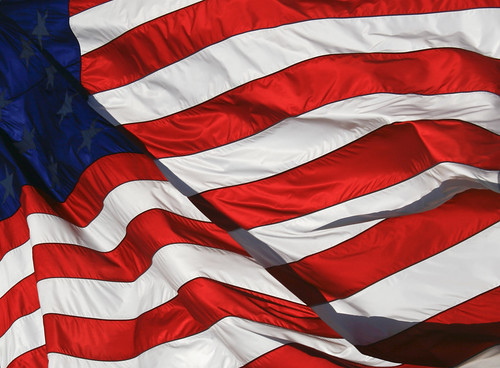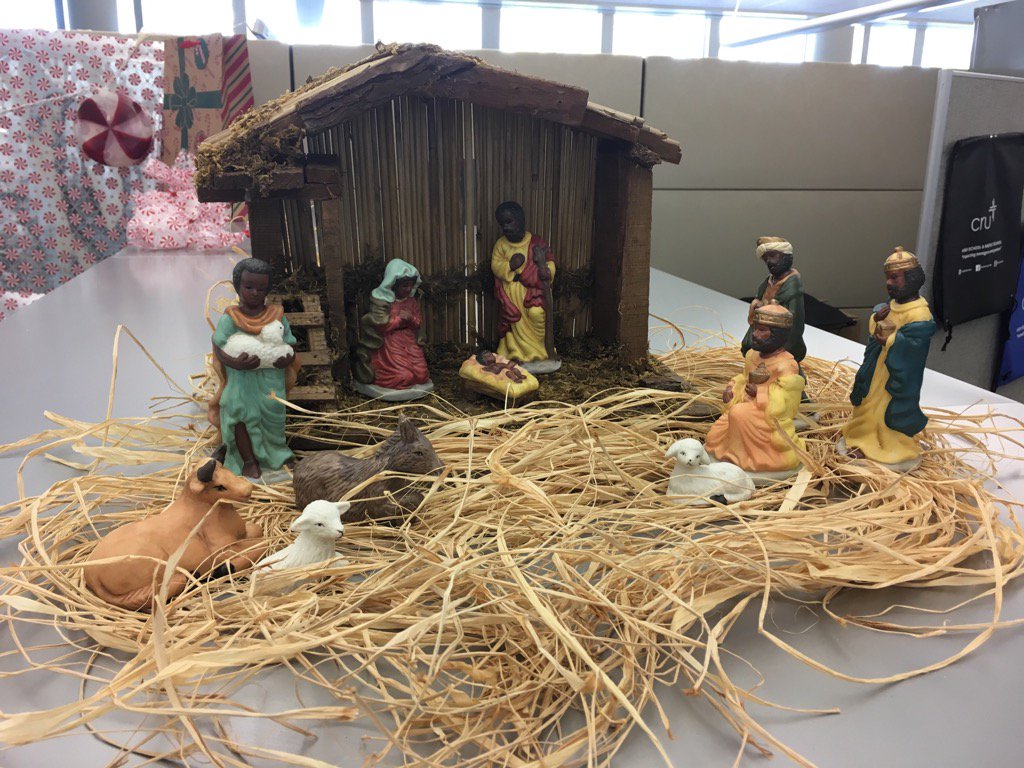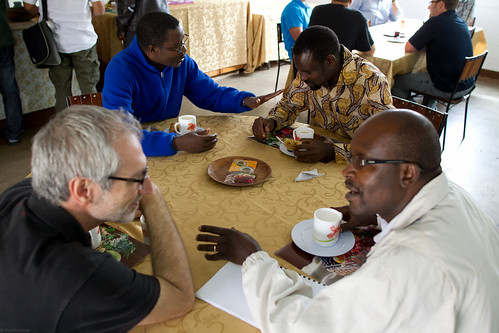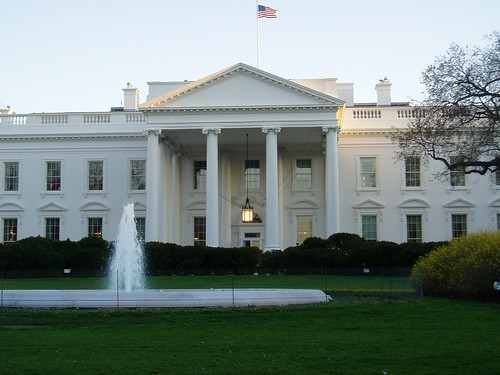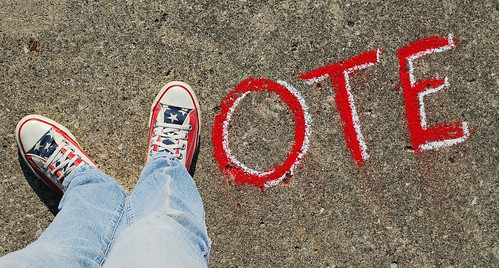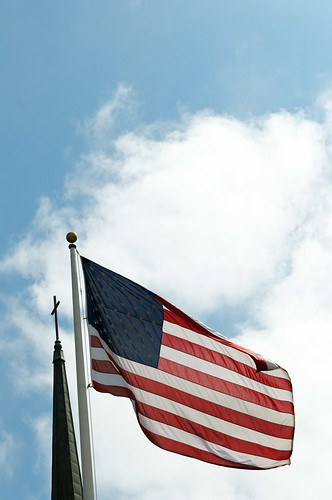 |
| Photo Credit: LaMenta3 |
Five Reasons Why Pastors Are Getting Fired Because Of Their Social Media Posts by Thom Rainer
"By the way, churches will not always tell the pastor the specific reason for the firing. But, once we begin to infuriate our church members with our posts, many will find a myriad of reasons to give us the boot. I recently recommended a pastor to another church. I think very highly of him. Indeed, the search committee chairman seemed genuinely enthused when I recommended him. He contacted me a couple of weeks later with this comment: “We can’t consider him. He’s just too snarky and sarcastic on social media.” Of course, this pastor was not fired. But he never had a chance to be considered by another church."Bonhoeffer’s Black Jesus: A Reflection on This Last Day of Black History Month by David Fitch (Missio Alliance)
"As he spent time there with African American people, working alongside them in their struggles, he was able to see a new Jesus, a Jesus not entombed by German nationalism, and, he went back to Germany a different man. He resisted the sinister forces of the Deutschen Christen movement who had amalgamated their Christianity with the German nationalist Aryan agenda of Hitler. Bonhoeffer became a singular force in resisting the powers of evil and injustice of the Nazism infested culture. Anytime I read about Bonhoeffer’s life I am immensely challenged. But this book, gives us insight into how to decontextualize ourselves from our own culture-bound Christianity, being with people of another culture (even those within our own country), and how that becomes the means of transforming our own church. This singular truth is why I am so committed to the study of contextual theology."Conversations With College Students on a Politically Divided Campus by Emily Deruy (The Atlantic)
"On Tuesdays, the group arranges a few desks in an unlocked classroom in a circle, sits down, and talks. It can get tense, but no one yells, no one storms out, and everyone has a chance to explain why they feel the way they do. Afterward, they sometimes go for drinks and late-night snacks at the Applebee’s nearby [the Central Michigan University campus]. The society is one example of how, at a time when Washington and much of the rest of the country is gripped by political polarization that can make substantive conversations about policy differences difficult, college students on politically divided campuses, who are part of a generation many older Americans expect to be apathetic, have found a way to have those conversations in a productive way."Leading Someone Who Dislikes You by Dan Reiland
"I’m confident you love the people you lead, but that doesn’t mean you show it and they know it. You may show you love them, but not in a way they receive it. The pace of ministry leadership is often fast. That reality combined with the pressure to get things done can squeeze out the foundation of all good relationships, which is love. And for leaders, loving means giving more than you take. If you are not careful, the pressure to produce will cause you to take more than you give. When you are yourself, and give more than you take, people will trust you. If they trust you, they will follow you. I can almost guarantee that the individual who doesn’t like you, doesn’t feel loved by you. And if that is the case, they will never let you lead them."A UPenn psychologist says there's one trait more important to success than IQ or talent by Shana Lebowitz (Business Insider)
"For instance, she [Angela Duckworth] conducted a study that found "grittier" kids — those who studied more and competed in more spelling bees — were more likely to perform well in the Scripps National Spelling Bee. To be sure, verbal intelligence also mattered, but verbally talented spellers didn't necessarily study or practice more. Similarly, Duckworth found that West Point cadets who scored higher on the grit scale were more likely to stick it out through "Beast Barracks," an intensive seven-week training program. (The grit scale includes items like "I don't give up easily" and "I have overcome setbacks to conquer an important challenge.") Grit was a better predictor of who would stay through Beast than things like athletic ability or SAT scores. As Duckworth writes: "Our potential is one thing. What we do with it is quite another."Christian singer Steven Curtis Chapman: ‘Trust God’ through tragedy by Adelle M. Banks (Religion News Service)
Here's a nice profile on my favorite musical artist -- Steven Curtis Chapman -- and the story behind his new book, Between Heaven and the Real World.
Stewarding a Multiethnic Campus by Sarah Eekhoff Zylstra (The Gospel Coalition)
"Campus Outreach was started by the predominately white Briarwood Presbyterian Church on the campus of Samford University, a Baptist affiliate that resisted integration until the American Bar Association pressured Samford’s Cumberland School of Law to admit the university’s first black student in 1967. The rest of the university followed; however, in a city nearly three-quarters African American, the school is still more than 80 percent white. So it’s no wonder that in the beginning, Campus Outreach ministered primarily to white students.
But within the last decade, the ministry has undergone a remarkable change. The Campus Outreach franchise in the Dallas/Fort Worth area is about half black. So is ministry at the University of Memphis. And across the 87 American campuses, the share of black students has reached 13 percent, which matches the overall percentage of black students at schools where Campus Outreach is working. Moving to a multiethnic Campus Outreach hasn’t been an easy process; to those working at Campus Outreach, it also seems frustratingly slow. But what they’re doing—shifting gears mentally to steward students of every shade—is proving enormously effective."Why ‘This Is Us’ Makes Us Cry by John Jurgensen (The Wall Street Journal)
Here's a piece explaining why NBC's new hit show, This is Us, has connected on an emotional level with so many viewers.
BBC Expert's Kids Interrupt Important Live Interview
This is simply too funny not to share. I'm sure anyone with young children that attempts to work from home can relate.
